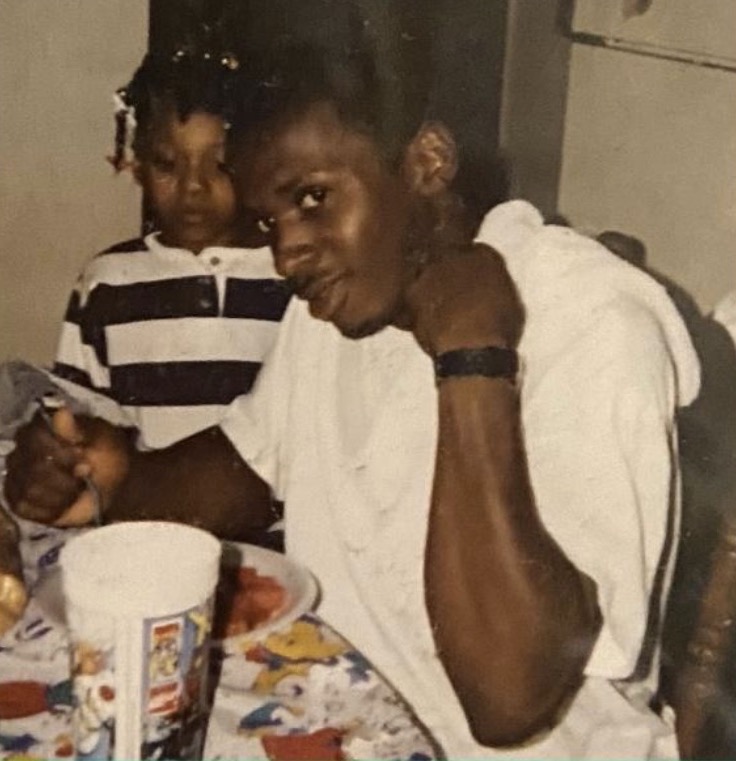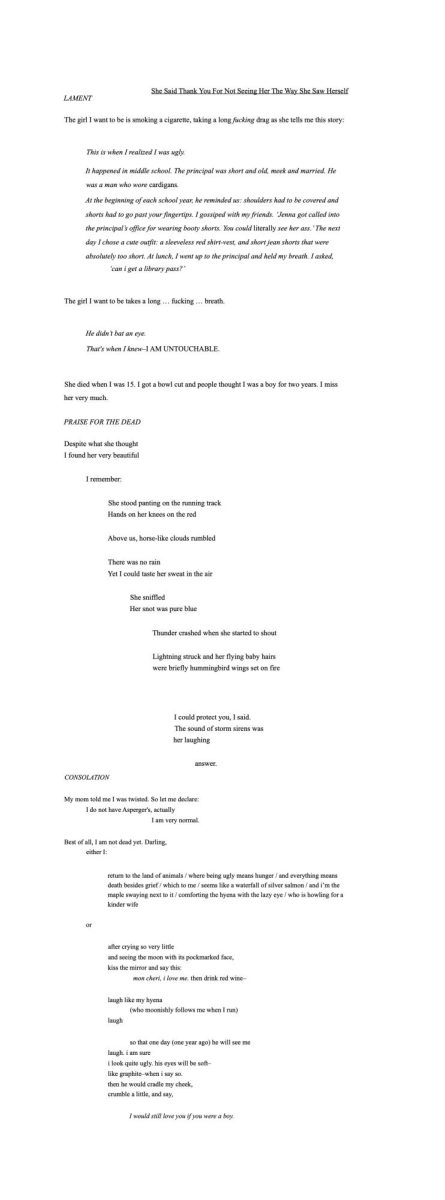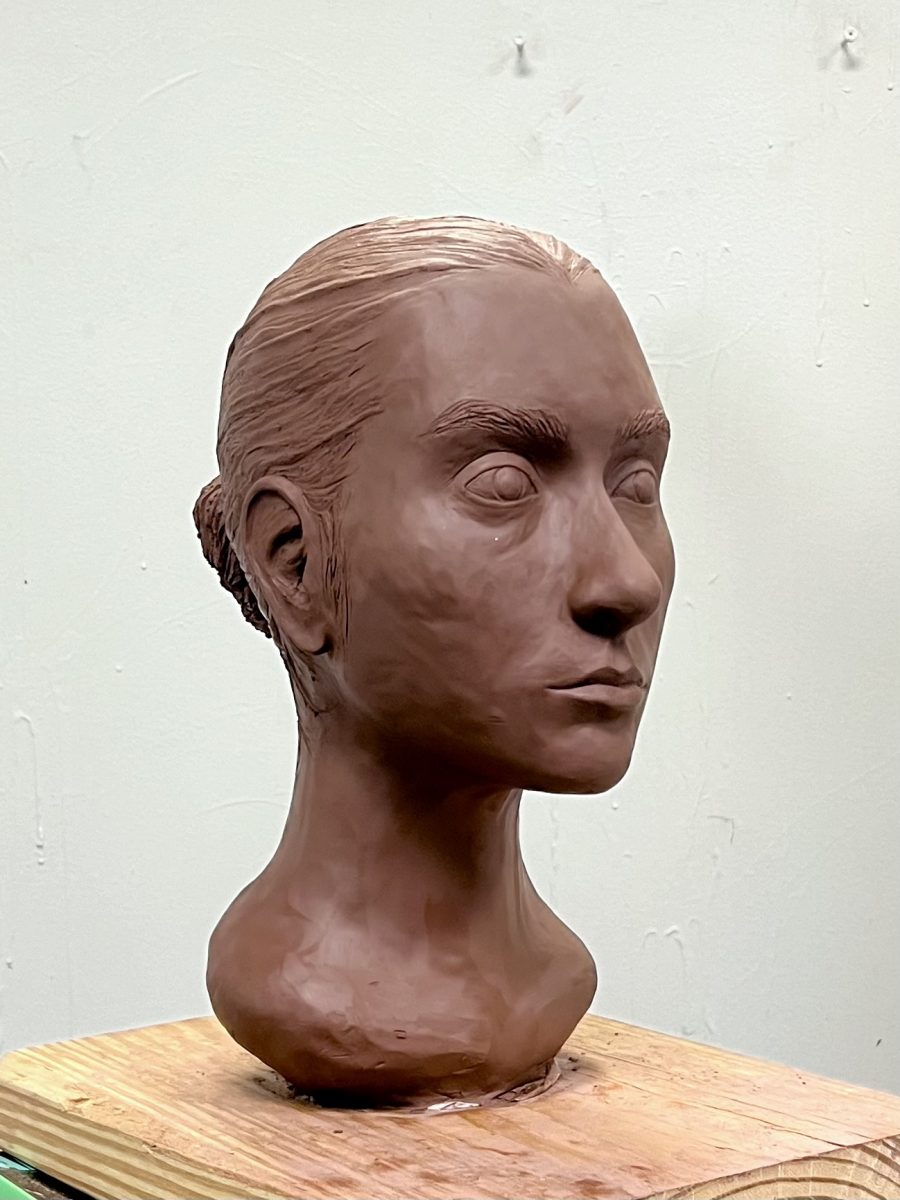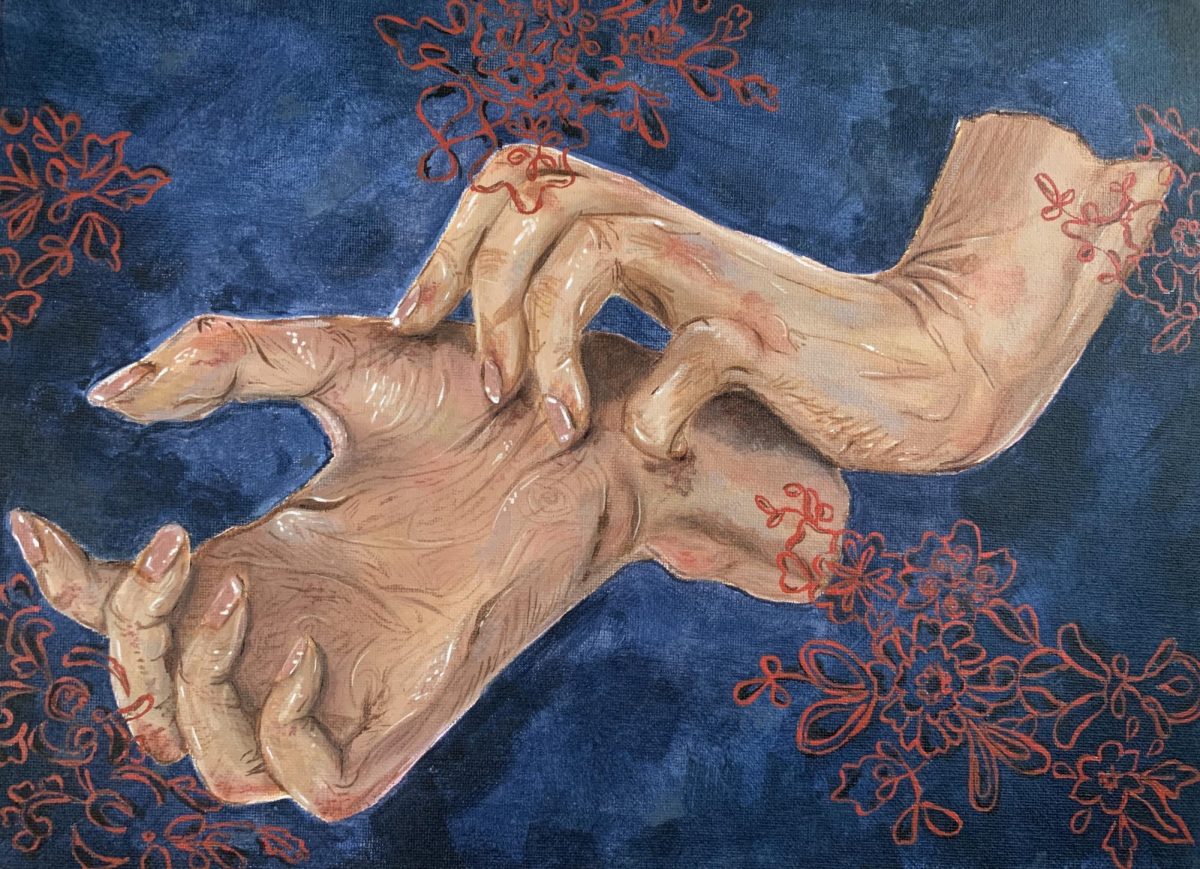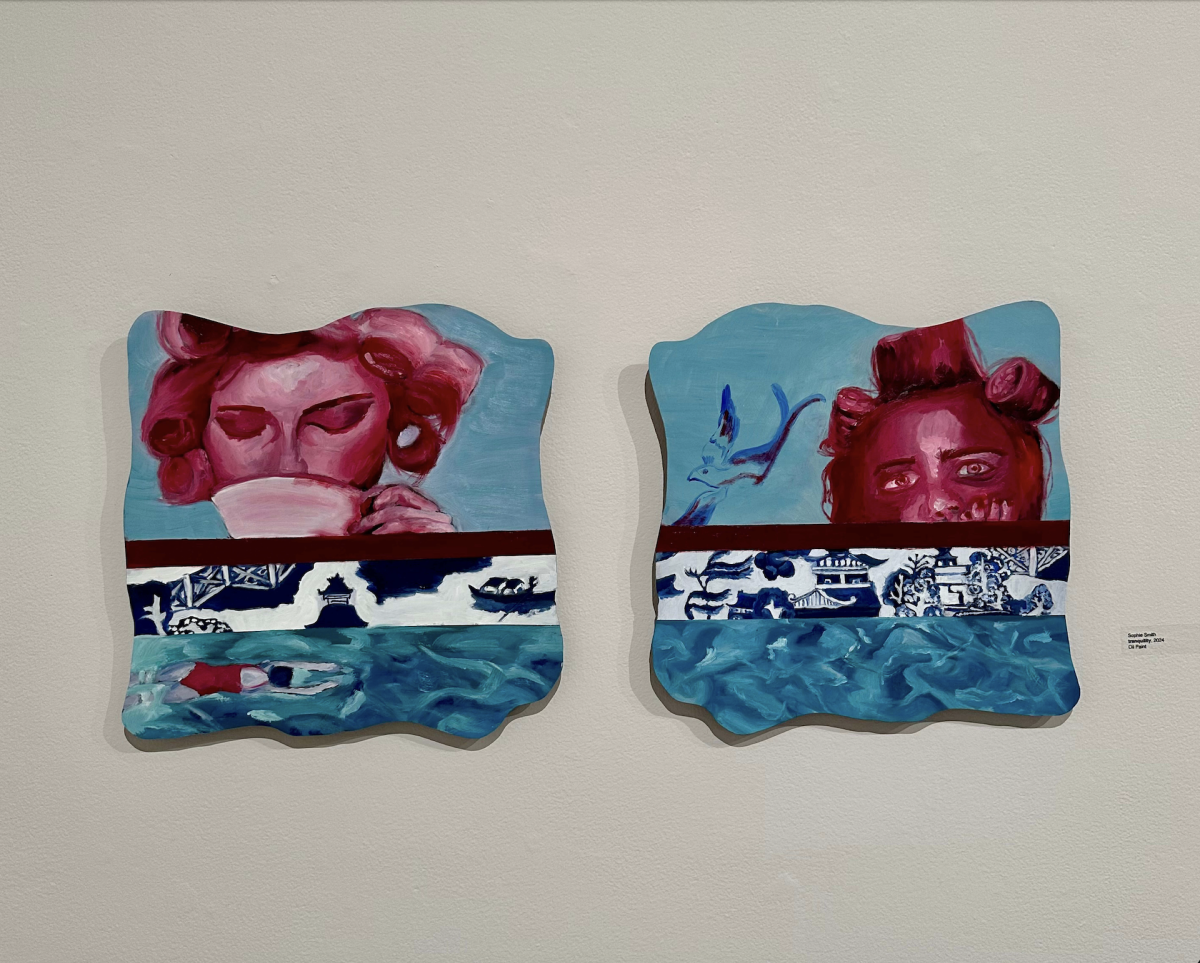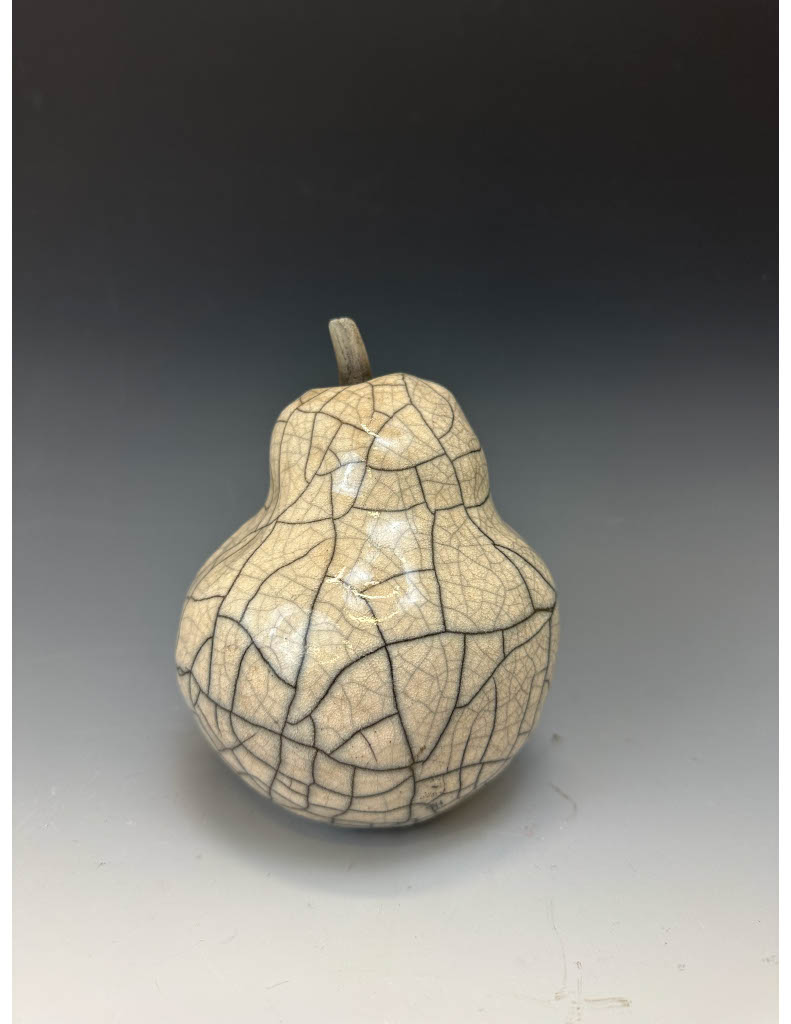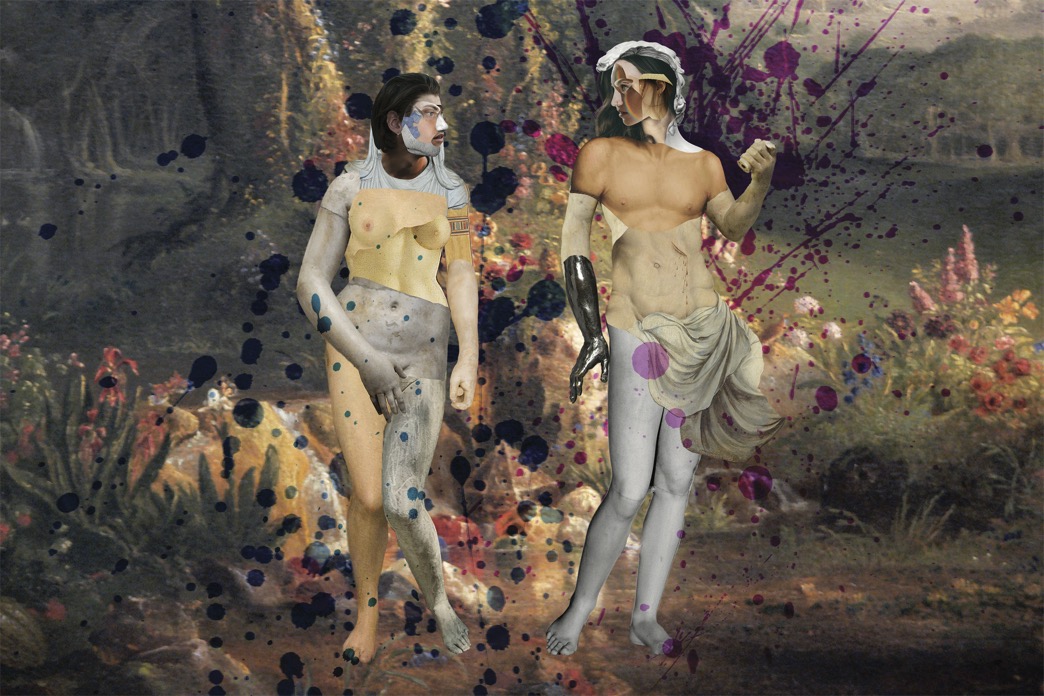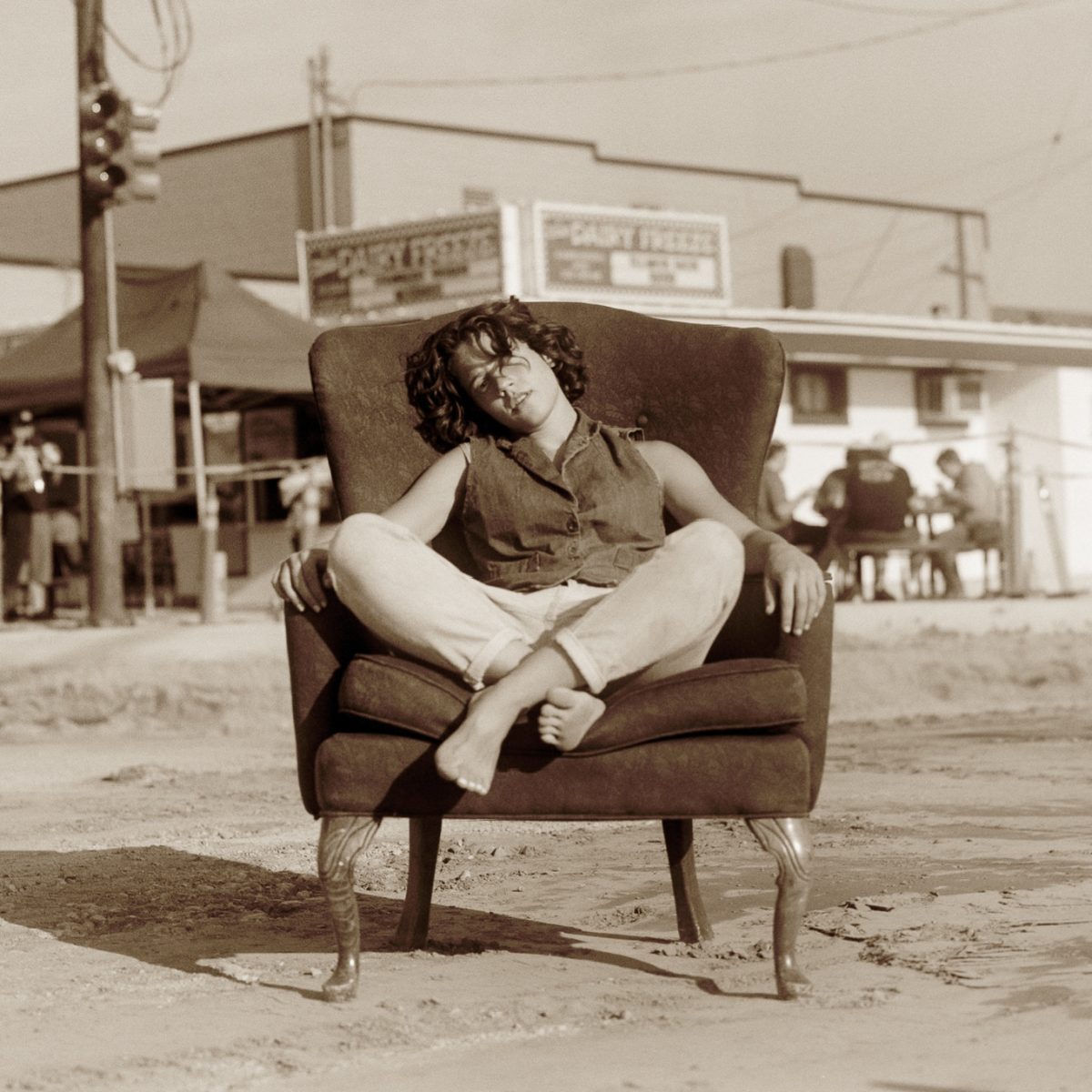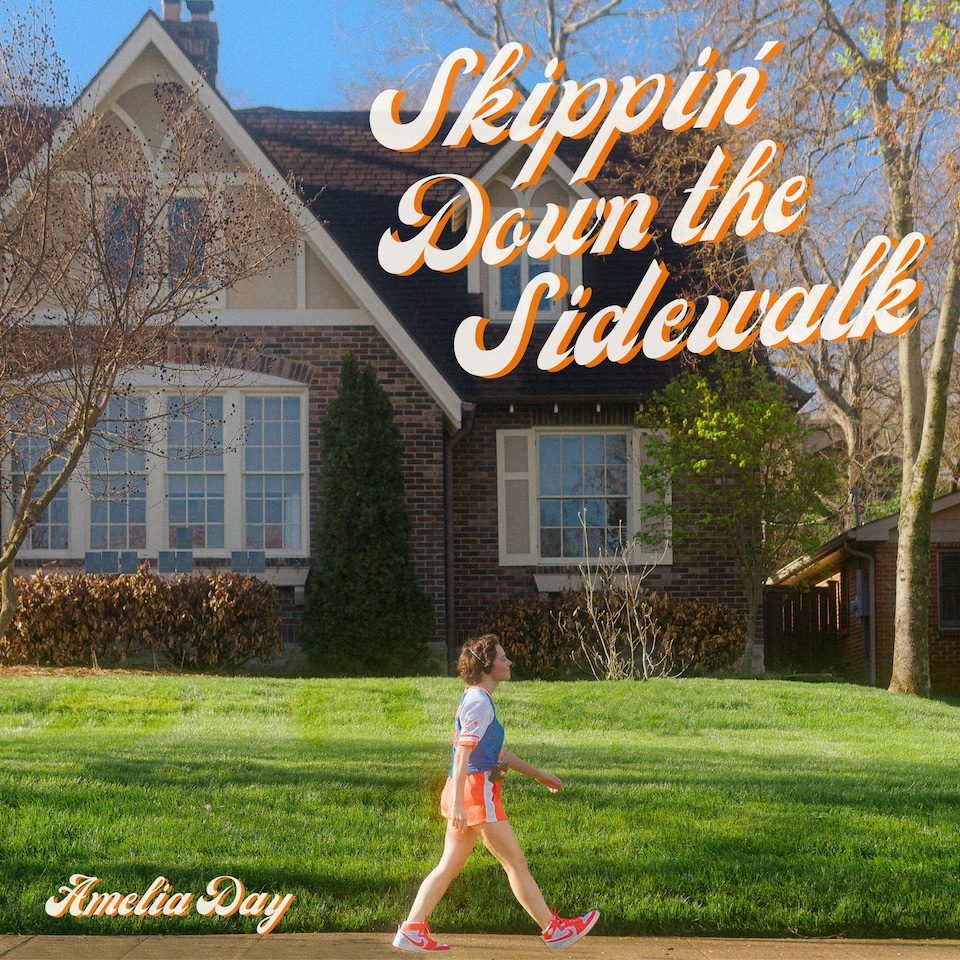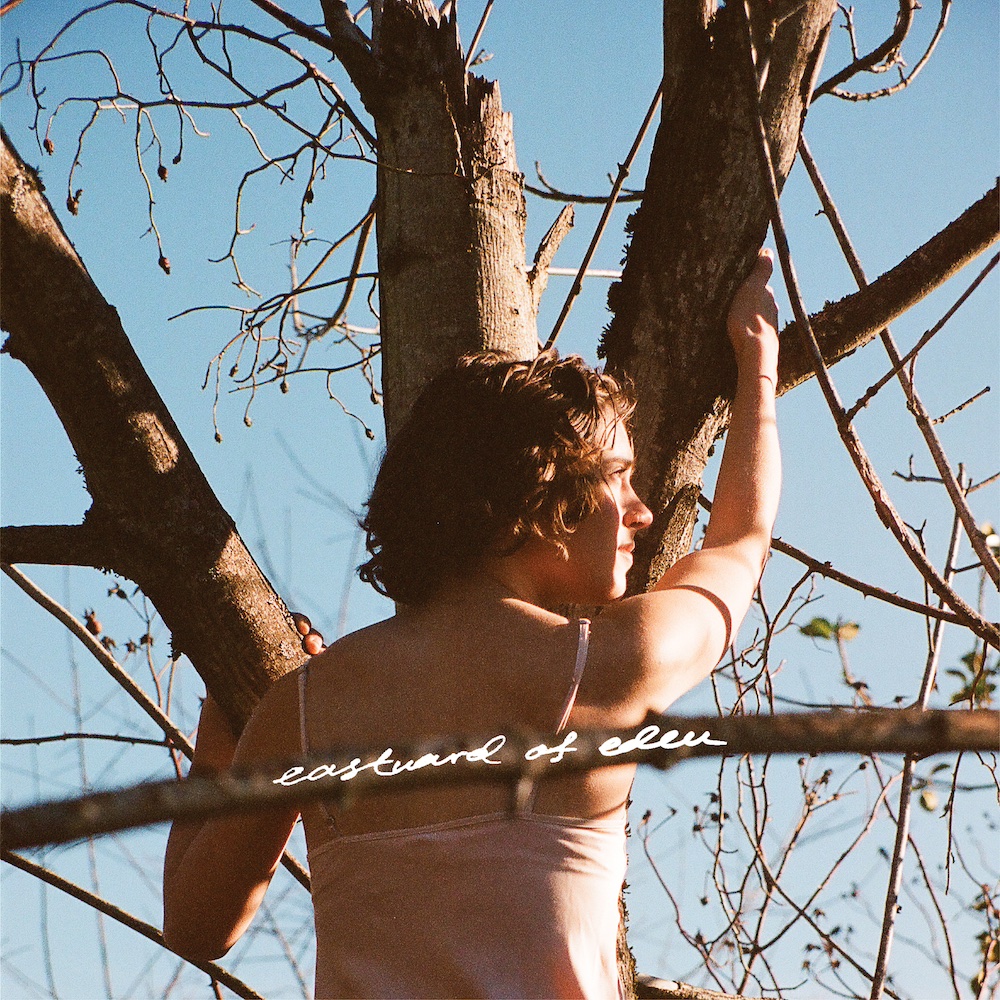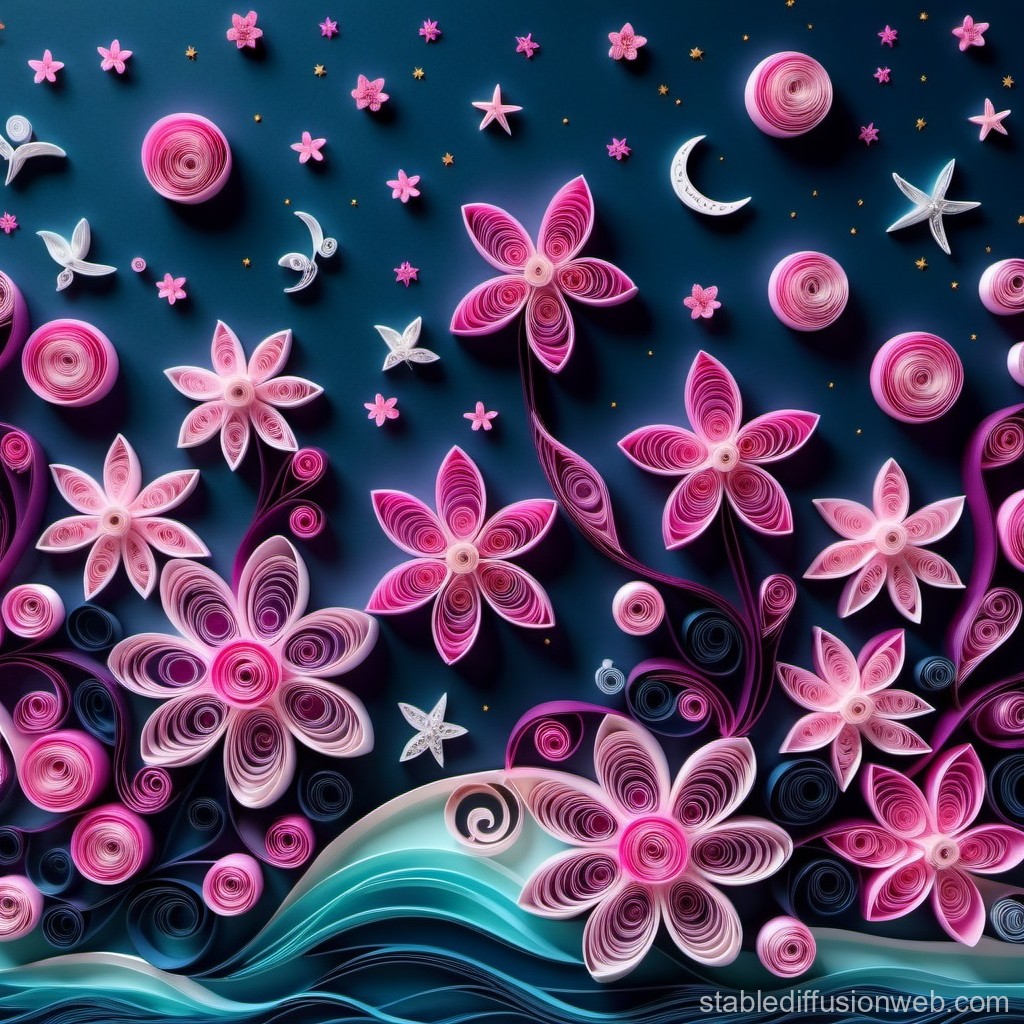I can hear her voice as the wind whistles through the trees. It curls around every branch, every blooming flower, before caressing every inch of my skin. It invites me deeper into the green, to continue on this rocky path that threatens to send trespassers stumbling to the ground. Loose stones and wayward roots lie in wait. I scarcely have to glance at the ground as I climb over rocks and around splayed plants. I am no trespasser here. These deterrents are not for me.
The beach is hidden, unseen by the tourists that mob the land every Saturday and mold it to their will. Even fellow locals, who avoid tourist beaches like the plague, rarely come to this spot. The trail is far too rough for most to venture, but I have walked it enough for the rocks to remember me. Weathered indents mark the spaces where my feet step. Each one is like stepping into a pool of water, the echoes of memories rippling out on contact. The plants shiver with it. We carry the same memories, the rocks and I. Even now, I can picture it as clearly as the blooming flowers along the trail. I see Pua lifted high in Charon’s arms, hear her laughter as she spreads her arms wide like a bird in flight. She soars over the treacherous path, assisted by her position on Charon’s shoulders, escorted to our sanctuary without hardship.
I stop only to pluck the pink florals, their petals extended towards me as if they can sense the rest of their brethren in my pack. Who would I be to deny them? Each one is cleaved from the stem and placed neatly into the bag, the same routine every year. However, this year, a cluster of purple flowers intrudes on the land where the pink ones grow. I twirl purple petals in my fingers, before plucking the stem from its base. After a moment’s thought, the purple flower is tucked behind my ear.
I hike the small bag higher on my shoulders as I walk past the tree—our tree. The charred and scratched-out letters in the bark taunt me with their permanence. I barely acknowledge it before moving on. The sight is a familiar one, an image burned behind my eyes alongside a multitude of other frames. It no longer stings as harshly as it used to, exposure having sealed the wound. It’s still not healed, however. On good days, it’s merely an ugly scar I only see if I look in the mirror. On bad days, salt leaks through my eyes and turns my heart to sandstone.
I see the true beach peeking out between the dense foliage. Real beaches are slices of paradise fallen from the heavens. Real beaches have slices of green poking through the sand at the edges, bright flowers that rim the shoreline, a sea in front, and a barrier behind to protect it. Tourist beaches are too easy, too meticulously kept, too shallow. Their roots do not penetrate the earth or anchor the land to the sea and sky. Real beaches are sacred.
Sand tucks itself between my toes. The inbound wind picks it up, and it tangles itself in the threads of my hair. It blows past me, assaulting my eyes with the harsh scent of sea salt. The moment my feet leave the rocks, I belong to the earth, and the fine line between sea and sky dissipates entirely.
Sometimes I wonder just how easy it would be to cross it. My darling Pua never had such issues. She glided through sea and sky as if it were her destiny to join the very stars that captivated her. Perhaps that’s why the ocean was so eager to take her, the sky so willing to let her join its spectacular array of constellations.
The beach is empty, spare the lone silhouette of Charon. He stands as a pillar in the sand, too far away for the water to reach his toes. He told me he would be here, but part of me still isn’t prepared to see him.
“I wasn’t sure if you were going to actually show up,” I say.
He doesn’t look at me but keeps his eyes fixed on the horizon. He shifts his feet. The sand beneath him crumples, the grains fleeing from his unfamiliar touch. I see small scrapes on his legs from the rocks and roots. This place doesn’t recognize him anymore.
“I told you I would,” Charon replies, “It’s been five years after all.”
I let the backpack slide off my shoulder. The strong floral scent mixes with the salty breeze as a few flowers are ripped from the bag’s confines. The wind picks up my hair, wrapping around my skin in greeting. I close my eyes and embrace it like an old friend.
With my eyes closed, it’s just like every other year before. Just me and the sea, Charon’s missing presence weighing on us both. The ocean knows me. She knows I am here, though she doesn’t seem to recognize my companion quite yet. A wave rushes to meet me, the sea foam tickling my toes. I hear sand shuffle as Charon shrinks away from the tide.
“I’m happy you’re here,” I say, opening my eyes.
At this, Charon turns to face me. I almost forgot how his eyes look like a sea in storm, how closely they resemble that of our Pua. The last time I saw those eyes, they were cracked and broken, saltwater streaming from them in waves. I see the same storm brewing now. Age has done what stress previously failed to accomplish, allowing lines to creep in from the corners of his eyes.
“I haven’t touched the sea for so long.” There’s a longing in his voice, one tinged by guilt and betrayal in equal measure. “It’s taken too much from us, Vilomah. I don’t know her anymore.”
I understand. I too, struggled to step into the waves in the months following Pua’s death. How could the same ocean that witnessed the blossoming of our love suddenly turn and take that which was most dear to us? It wasn’t until I stepped into the surf and felt her warmth that I realized she wasn’t gone, not truly.
“How can you forgive her?” Charon asks, and I am faced with one of several questions I don’t know the answer to.
The truth is, I don’t know if I have forgiven her, either of them. I’m not sure if I’m here to forgive, or for absolution. It’s irreparable, yet somehow, I am still drawn here. Charon is too, but he would never admit to something so shameful. I lost my pride long ago; now, I’m just resigned.
“Puanani loved the ocean,” I say instead.
“Children love everything,” Charon replies, “It’s our job to tell them what not to love.” He inches away from the stretching tide. Surely she must recognize him now. Why else would the waves reach for him like a lifeline? Yet, he still denies her contact; there is not a drop of saltwater on him. “I’m still angry,” he says. I wonder if he’s retreating from the ocean, or if she truly doesn’t recognize him after all these years.
“At the ocean?” I ask.
“And myself.”
A feeling I understand all too well. I watch the waves roll, like at any moment Pua’s head could burst from the surface. I remember how she loved to discover its creatures.
“Careful, Puanani! The tide is strong today.” My hands rested on my hips, a mother’s favored position that I have yet to shake.
“Look, Mama!” Puanani’s gap-toothed smile returned my ignored warning, before two tiny hands thrust a brightly colored object in my face. “Isn’t it pretty?”
The tiny coral creature in her hands was moving. Five limbs extended from a bumpy center, all writhing in open air.
“It’s beautiful, my Pua.” I knelt down, cupping her hands in my own. The sand cushioned my knees, soft beneath my skin. “Do you know what this is?” I asked.
Her eyes, the same cerulean shade as her father’s, squinted at the creature. She bit her lip in thought, working as hard as her child-brain would allow. It was the same expression that adorned her face when she was asked to count to ten, or her favorite color, which changed weekly. That week, it was pink, the same shade as the hibiscus flowers dotting the path to the beach.
“It’s a starfish,” I said, watching as her eyes became as wide as the churning sea. She gazed at the starfish with the admiration one would bestow upon a precious jewel.
“Like Maui’s hook! From Daddy’s stories!” she said.
Charon often took Pua stargazing. Many a night I would find them, backs to the earth and eyes to the sky, long after Pua was supposed to be in bed. I would watch them, quietly, as Charon pointed out constellations and explained their origin. Pua would burst into giggles of delight, only for Charon to quickly shush her.
“We don’t want Mama to know we’re still up,” he would say with a sly grin. “It’s past our bedtime.”
Then Pua would settle down at his side, eventually falling asleep on his shoulder. He would carry her back into the house, meeting my raised eyebrow with a cheeky wink.
“She has a bedtime for a reason,” I would whisper, careful not to wake our sleeping girl.
“She hasn’t started school yet,” he countered. “We only get so much time with her at this age.”
I smiled at Pua then, brushing her hair away from her face. Charon wrapped his free arm around me, and I could never resist being pulled in.
“It fell from all the way up there?” Despite the blue sky of day, Puanani searched it as if she could pinpoint the exact location of the missing star she held in her hands.
My lips twitched against my will. “But of course!” I said, “This star lives in the sea now.” I swiped my hand into the wave, splashing her. She shrieked and turned away. Her laughter enveloped me like a blanket, and I felt warm despite the chill of the water.
Her laughter still feels warm, even though it’s just a memory now.
Puanani’s giggles receded, and she turned to face me. “Mama,” she said, a question on the tip of her tongue, “did it hurt? To fall to the sea?”
That was my daughter, ever too perceptive and curious for her own good. I remember the smile slipping from my face before I quickly pasted it back on. How would anyone respond to such a question, much less to a child under the age of five?
I know one thing: my answer would be different now.
“Only a little, Pua. Only a little.” I placed a hand on her tiny shoulder, and she leaned back into it. Her lip jutted out in a pout. She had so much empathy for someone so young.
“We all must return to the sea one day,” I explained, “even the stars.”
Puanani was not satisfied with that answer. “But why do they fall?”
“That is the cycle of things. What comes from stardust must eventually return to sky and sea.”
“Can we keep the star, Mama?”
“No, Pua,” I laughed. “She has to go back to the sea.”
“Why?” It was the question that Puanani asked the most of me. Now, it is the question I repeat over and over to myself, as if every repetition brings me closer to understanding. I will find no comfort in the answers that follow.
“Well,” I said, “stars have Mamas too. I bet its Mama misses her already.”
“What if its mama is still in the sky?” she countered.
“Mamas always fall before their children,” I explained, “that is the natural order of things.” I knelt in the surf, gently grasping her hands in my own. A wave rushed to drench me, and I only barely managed to keep my balance. I could feel the ocean’s childish play in the blow. “You can thank her for visiting you,” I said. “Fallen stars don’t show themselves to us often.“
Puanani nodded her head, though her lips remained firmly in a pout. “Thank you, star,” she said, studying the mesmerizing pattern dotting the surface of the small creature. It wiggled one of its arms as if waving to us.
“Let’s get it back into the water.” I lowered our clasped hands into the surf.
“Bye, bye, star!” Puanani cheered, no remorse in her voice. She wasn’t sad to see the star go once it was time.
Almost immediately, a wave stole the starfish from her hands, wrapped it in seafoam, and dragged it back to its depths.
It was only a few years later that the ocean took her too.
The tide continues to travel further up the beach. Charon steps back every time it gets close enough to touch. I stay put, letting the ocean bury my feet in the sand and anchor me in place. Given time, I am sure the ocean would swallow me whole, leaving nothing behind. It would take me just as it took her. These waves will continue to roll long after we are gone.
“Do you remember when we took her here for the first time?” Charon asks.
“Of course.”
Puanani had only been an infant, scarcely able to walk when we took her to meet the ocean. We stepped out onto the sand with Pua strapped to Charon’s chest. Charon always carried Pua to the beach. The ocean had roared in greeting, sending sea spray to greet us.
We set her down at the edge of the surf, just enough to dip her tiny feet in the bubbles. She lit up at the minuscule touch of seawater against her baby-soft skin. The ocean tickled her toes. Her laughter echoed in the waves. They seemed to perform just for her. The ocean loved her more than either of us, and sometimes, I thought Pua loved the ocean more than us too.
“We never should have taken her here,” Charon says.
My heart sinks at the prospect. Imagining Pua without the ocean is inconceivable. The two were entwined from the moment they met, the moment she blew raspberries at the sea foam. I could have stopped her no more than I could have stopped the moon from exerting its force on the tide.
But maybe I am just making excuses for myself, to squash down the voice that screams blame and betrayal. If we had never brought her here, the ocean wouldn’t have possessed her. It wouldn’t have known Puanani, and Puanani would never have known this stretch of beach.
I hate being helpless, but it’s easier. It’s easier to admit to being helpless than to being responsible. Somehow, thinking I couldn’t have done anything is better than knowing I could have done more. I was here, after all. I had all the instincts a mother should have. There was nothing I could have done. At least, that’s what I thought until Charon stares at me with her eyes, and now, all my excuses fall apart.
At least he didn’t pretend like he wasn’t running.
“Maybe we shouldn’t have,” I agree. “But how could we have known? This beach… it was everything to us.”
He stares at the sand until familiarity rears its head. The sound of birds chirping in the trees behind, the ocean roaring in front. The melodic harmony that comes together to form this utopia, this heaven. Even now I can trace our footsteps in the sand, memories from morning walks and midnight stargazing. I can see us there, lying with our backs to the earth, pretending we were something suspended from its surface above the inky black void. I used to joke how one day, gravity could turn off and we would be flung out to join the stars. He used to laugh every time. “If we fall, we fall together,” he would say.
Our tether snapped, and we fell down and we fell apart.
“Puanani was everything,” Charon retorts, choking on her name.
My head whips around. “Of course she was!”
The ocean rushes to soothe the tension. It barely touches Charon when he jerks away like it burns.
It does burn. It burns like salt in a wound.
“Are you ready?” I say, breathing in the salt.
“No one is ever ready for this,” he replies. I have to agree with him. Each year I painstakingly select perfect pink petals and blooming buds. Each one is placed in my pack for a singular purpose, and yet I am never truly ready to let them go. I don’t think I ever will be.
I extend my hand towards him. For a second, I’m not sure if he will take it. He could just turn around, run back to the trail and disappear into the greenery that surrounds the beach, safe once again. He could run all the way back to the mainland, where the ocean can’t reach him. But he takes it, and his hand is secure and warm in mine.
I feel him stiffen as the water rushes over his skin. He closes his eyes and breathes, before finally relaxing. He missed this, the water, the salt. He yearned for it just as much as I did, but he held himself back. The ocean never apologizes for its nature, and it’s hard to forgive without an apology.
I couldn’t bring myself to run away, not like he did. Instead, I drove past the imperceptible trailhead weekly and only mustered up the courage to traverse it once a year. Sure, I went to other beaches—it was hard to avoid them on an island—but it wasn’t the same, the water was different. Even falling, I still feel the tether keeping me here, just waiting for the right moment to pull taut and catch me.
We wade deeper into the surf until the water is up to our waists. To me, each wave feels like tiny arms wrapping around me, holding me in a secure embrace I am reluctant to leave. I cannot tell if Charon feels it. The ocean may have not recognized him yet, the years having stripped away the familiarity between them. With each step forward, the divide seems to lessen.
I flip the top off my pack, revealing a collection of pink and coral. Pua’s favorite color changed weekly, but that last week, it was pink.
We scoop flowers into our palms, lowering handfuls at a time into the water. We create an altar, a bobbing pink pyre. We turn the sea pink, change its salt to perfume on the breeze.
The waves crash, and they sound like laughter.
“I can feel her.” Charon’s voice breaks with waves. “She’s here.” He sinks to his knees, nearly letting the water consume him entirely. “I’m sorry, baby,” he whispers. He spreads his hands out on the surface, tracing the spaces between the flowers where the blue shines through.
Salt dries on my cheeks, but I know it’s not from the ocean. A wave splashes up to catch the tears, childishly attempting to wipe them away.
I look at Charon, kneeling in the water, and I swear I can see Pua embracing him in the sea foam.
When Charon stands and takes my hand, we watch as the flowers drift further out to sea. They cover the surface like a burial shroud, an offering. She takes them until they are but a speck of pink in a sea of blue, disappearing over the horizon line to join the stars.
